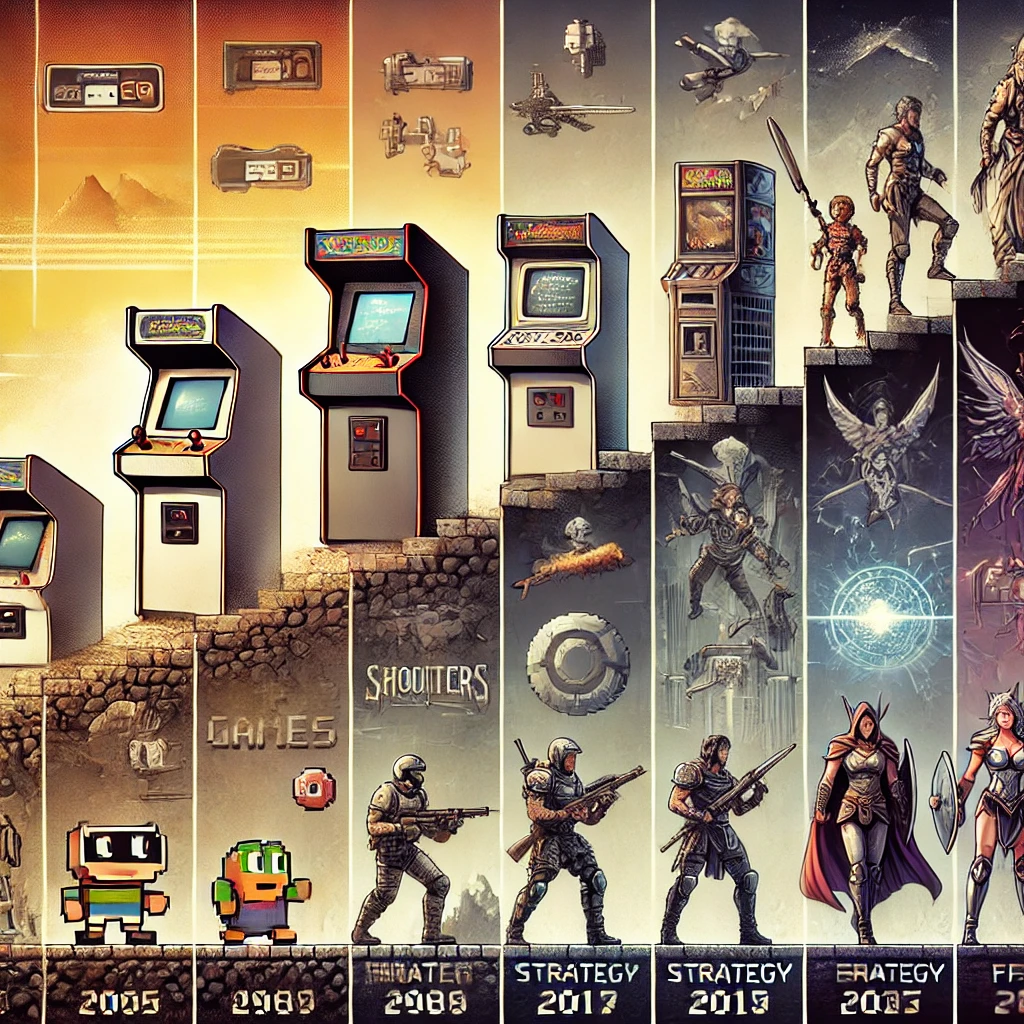How to Create a Successful Indie Game: Tips and Best Practices from Developers

Creating an indie game is a rewarding but challenging endeavor that requires creativity, dedication, and a solid understanding of the development process. Here are some essential tips and best practices from experienced indie game developers to help you navigate the journey from concept to successful release.
1. Start with a Unique Concept
Your game concept is the foundation of your project. To stand out in the crowded indie game market, focus on developing a unique and engaging idea. Consider what makes your game different from others and how it will captivate players. Brainstorm various ideas and refine them until you find a concept that excites you and has the potential to attract an audience.
2. Plan Thoroughly
Before diving into development, create a detailed plan. Outline the game's core mechanics, storyline, art style, and target audience. Develop a timeline with milestones to keep your project on track. A well-thought-out plan helps you stay organized and ensures that you address all critical aspects of game development.
3. Assemble a Passionate Team
If you're working with a team, ensure that each member is passionate about the project. Collaboration is key to a successful indie game, and having a team that believes in the vision can drive the project forward. Clear communication and defined roles are crucial to avoid misunderstandings and ensure everyone is working towards the same goal.
4. Focus on Gameplay
Gameplay is the heart of any successful game. Invest time in creating mechanics that are fun, intuitive, and engaging. Playtest frequently to gather feedback and make necessary adjustments. Remember, even the most beautiful game will fail if the gameplay is not enjoyable.
5. Manage Your Budget Wisely
Indie game development often comes with limited financial resources. Create a realistic budget and stick to it. Prioritize spending on essential elements like game development tools, marketing, and possibly outsourcing specific tasks that are beyond your team's expertise. Keep track of expenses and be prepared to make tough decisions to stay within budget.
6. Market Early and Often
Marketing should not be an afterthought. Start building a community around your game early in the development process. Use social media, forums, and a dedicated website to share updates, engage with potential players, and build hype. An active and engaged community can be a significant asset when your game launches.
7. Be Prepared for Iteration
Game development is an iterative process. Be open to feedback and willing to make changes to improve your game. Iteration helps you refine your concept and mechanics, ensuring the final product is polished and enjoyable. Don't be afraid to scrap or overhaul parts of your game if they aren't working as intended.
By following these tips and maintaining a persistent and passionate approach, you can increase your chances of creating a successful indie game. Remember, the journey of game development is as important as the destination, so enjoy the creative process and the learning experiences along the way.


Nafisa Guthrie
This game is really outstanding, with a harmonious combination of music and graphics. Simple but nice graphics have a gorgeous visual performance that you will definitely like. High-quality anime style and addictive gameplay that will not leave you indifferent.
Nikita Martins
Unfortunately, this game did not live up to my expectations. The graphics were modest and there were only a few levels. The game world seemed empty and incomplete.